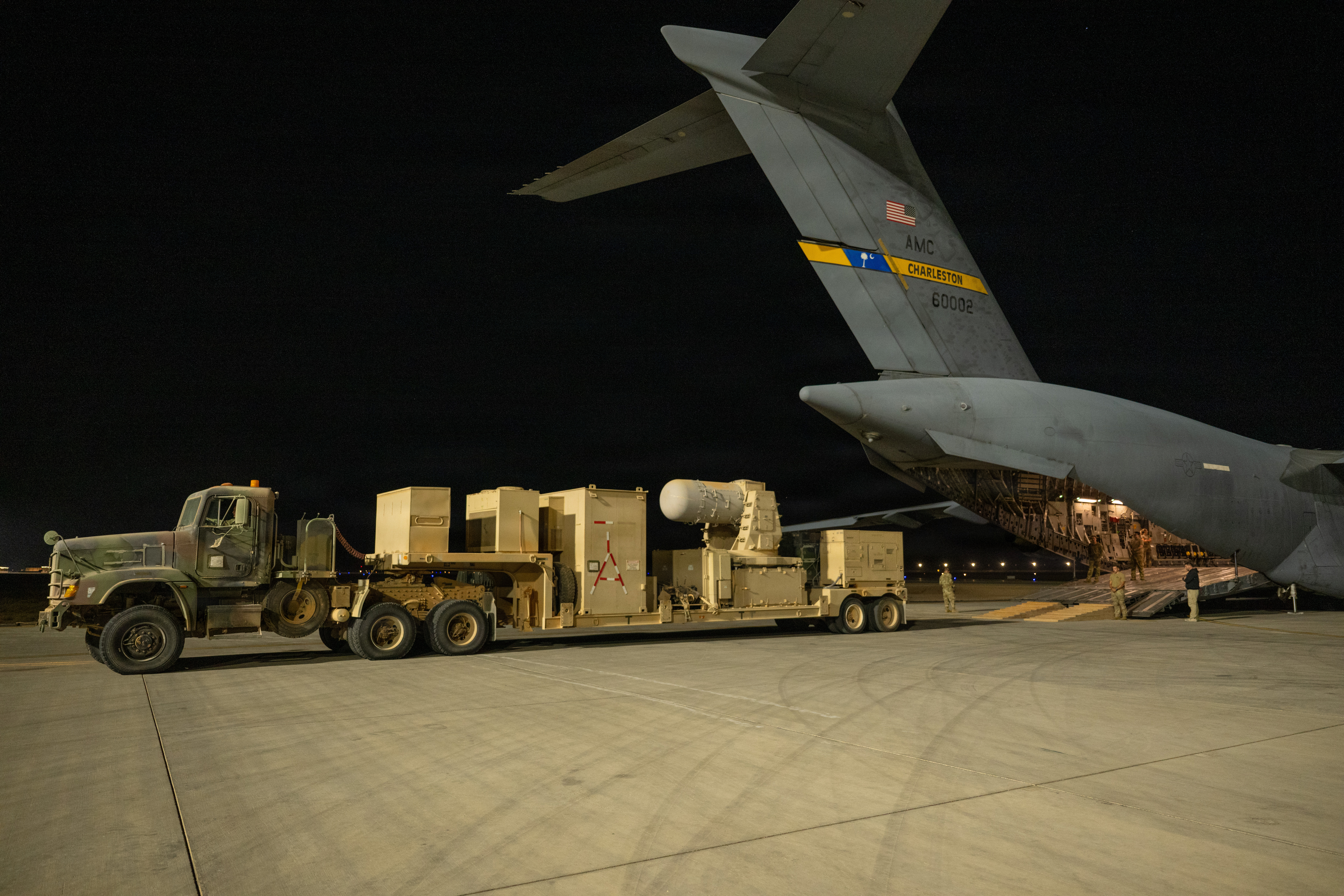A Soldier’s Death – A Leader’s Challenge

I was a young Specialist standing guard in a small platoon outpost in Al-Karmah, Iraq in 2007 when time stopped. Dust particles froze mid-drift through the air. My breath caught in my lungs. For an endless moment, there was no sound, no sensation, no movement. Then…noise, flash, the crash of debris colliding with my tower. The flow of time resumed and I, emerging from my tower, saw my platoon mate, bloodied, dragging his maimed buddy to cover. Additional rounds walked across our outpost, leaving angry clouds of dust swirling in the summer heat. Afterward, I learned that SPC Clifford Spohn had died under the first round.
Spohn was not the first to die in my company on this deployment, nor was he the last. He was the one I knew best though, and the only one in my platoon. Our platoon was furious. We seethed, breathing murder at every living thing in the town around us. We were a bomb, set to explode indiscriminately at any provocation.
Our platoon leader, CPT Caleb Curlin, was a wise man. He did not attempt to pacify us. Instead, he gathered us and honored our fallen comrade, first with words, then with a rifle salute. He bade us honor Spohn in life as he had honored us with his service and his death. Then he sent us back to work.
A week later we received a large, complex attack. We repelled it, killing over twenty enemy fighters and taking only minor casualties. Our outpost was partially destroyed, and as we set about rebuilding it our battalion commander and sergeant major made the perilous trip to visit us. I encountered our sergeant major, CSM Pumarejo, as I ascended the stairs to assume my customary position in Tower 1. He asked me where the round impacted that killed Spohn. I pointed to it. Something unspoken passed between us in his glance, a poignant acknowledgment of loss from senior leader to junior Soldier. I cannot describe it, but it was powerful. It was honoring, in sorrow, the passing of a good man.
A Soldier’s death is a direct leadership challenge, for it cannot be ignored or left unacknowledged. Whether by enemy fire, accident, or suicide, a Soldier’s death rocks a unit. There are many things a leader can choose to say at this delicate time. I have seen leaders focus on preventing the next death, often by policy dictate or training. Sometimes they focus on the Soldier’s family. Frequently they initiate investigations to fully understand the circumstances leading to the Soldier’s death. These actions are all appropriate and often valuable. But for the deceased Soldier’s comrades, they miss the point.
A cohesive unit, especially one regularly engaged in combat operations, is held together by the common esteem with which its members regard one another. Soldiers strive to find and then maintain, a place of respect and value relative to their peers. They find this respect both in receiving the admiration of their comrades and in returning it where merited. For to have one’s respect valued by the recipient is, in itself, a further sign of their respect for you. The social ecosystem of any high-performing military unit can be largely understood in this way. It is all about earning and appropriately returning, respect.
The death of a Soldier requires that acknowledgment be paid to this fundamental need of respect. The final act of the platoon towards its departed member must be an act of respect, of honoring the Soldier for who he was and, more importantly, what he represented to his comrades. In so doing the leader enables the unit to collectively provide the most valuable thing they have to their departed friend – their respect. CPT Curlin knew this, I believe, when he spoke to us about Spohn’s selfless service, his goodness in having recently adopted a child, his general decency as a human being, his fitness as a warfighter. Likewise CSM Pumarejo in his inexpressible look when he addressed me outside my tower. For we who remained no more was necessary than simply knowing that our comrade was honored appropriately by those in authority.
There is more value in this than simply placating the grief of young Soldiers, important though that is. That grief, undirected or misdirected, easily becomes the sort of murderous rage from which the atrocities of My Lai and Mahmudiyah were born. To neglect it is the grossest kind of dereliction of duty, and incitement to innocent bloodshed during wartime. My platoon and I could easily have descended this dark path were it not for the simple acknowledgment that our leaders gave in the aftermath of our comrade’s death.
Young leader, I assure you of this – if you remain long in the service of your country you will have to deal with the death of a Soldier. The death need not happen in your platoon or company – a single suicide can easily impact an entire battalion. When it happens, your main responsibility is to honor the fallen Soldier. Your Soldiers do not want or need a safety brief, lecture, or sensing session. They need only know that their comrade’s life and service were valued. This can be accomplished in many ways – the important thing is that it’s sincere. Once complete, return to the business at hand. There is no need to dwell on the past. Your Soldiers are no fools. They know that the profession of arms can be perilous. But they will endure anything to gain the approval of their comrades, even unto death.
———
CPT James Tollefson enlisted in the U.S. Army in 2004 and subsequently served during the surges in Iraq (2006-2007) and Afghanistan (2009-2010). He subsequently joined the Alaska Army National Guard, earned a commission as an Infantry Officer, and currently serves as the S-4 for 1st Battalion 297th Infantry Regiment.



